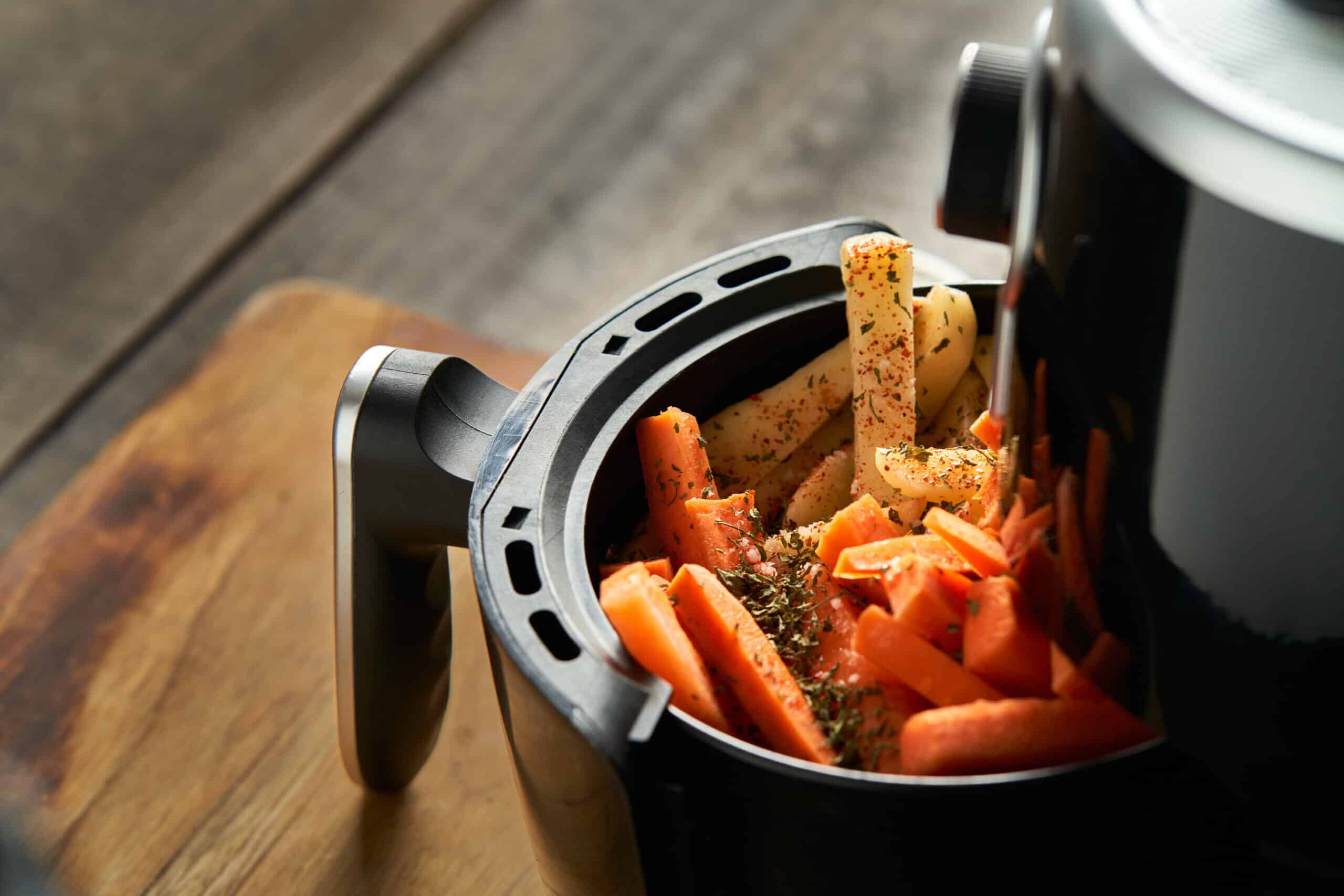Frozen and tinned food: Our tips and tricks!
Eating well is achievable, even when you’re short on time or looking to reduce your weekly food spend.
Here are some practical tips and tricks for making The Fast 800 quick, easy and more affordable, using frozen and tinned food for moments when you’re short on time but don’t want to break your healthy habits.
The Fast 800 online programme members tell us that eating well is simple and satisfying, with nutritionist-developed meal plans, based on a Mediterranean-style diet.
Fresh is not the only option
Eating Mediterranean-style foods, whether they’re fresh, frozen, canned, dried or fermented is a better alternative to processed, convenience foods. Frozen vegetables can be just as nutritious and fresh, as they are snapped frozen when they’re harvested. They’re also far more cost-effective by being cheaper in price and having a longer shelf life once purchased.
Tinned food
Fish – Tuna, salmon, mackerel, and sardines offer an abundance of healthy fats and protein. Always choose varieties in olive oil, you can use the oil as a dressing for salads, rather than letting it go to waste. If not, choose spring water over brine to limit sodium intake.
Beans and legumes – Chickpeas, black beans, butter beans and cannellini beans are regularly featured in The Fast 800 recipes because we love their fibre content. Drain and rinse leftover beans and you can store them in the fridge, in a plastic container, with a drizzle of olive oil for up to a week. For longer-term storage, cover the beans with water and freeze them for up to a month. When ready to use, thaw, drain and use as normal.
Tomatoes – A good source of fibre and an excellent source of vitamins A and C, tinned tomatoes contain more of the antioxidant lycopene than fresh tomatoes!
Coconut milk – A tin of coconut milk can go a long way in soups, curries, smoothies, chia puddings and more. Freeze leftover coconut milk in usable portions for 2-3 months (pop it in ice cube trays).
Coconut milk is used in many of The Fast 800 recipes as it is a source of healthy fat to keep you fuller for longer.
Tinned foods to leave on the shelf – Avoid tinned fruits, meats and meals, such as baked beans and spaghetti, which often include unnecessary additives.
The Fast 800 Online Programme offers over 400 nutritionist-developed recipes. Here’s a taster of what you can expect.
Frozen food
An excellent way to minimise waste, and save time down the track, is to freeze food.
The online programme provides you with nutritionist-crafted weekly meal plans and extra support to make healthy eating quick and easy.
Storage tips and tricks
- Store berries and soup in sealed freezer bags.
- For easy-add portions, save stock, coconut milk or pesto in ice cube trays.
- Batch-cook meals and freeze portions in airtight containers.
- Make it airtight before you freeze to avoid freezer burn.
- Store your proteins in individual portions, making it easy to grab and defrost what you need.
So, what’s great to freeze?
- Nuts are better stored in the freezer because they’re high in healthy fats, which can easily go rancid from light and heat exposure.
- You can freeze avocados. Cut the flesh into cubes, place on a tray lined with parchment, squeeze over a dash of lemon juice and freeze. Once frozen, pop them in a sealed freezer bag, removing as much of the air as possible.
- Try cutting fruit into portions to freeze – they are great to add to your smoothies, and shakes.
- Ginger is much easier to use from frozen. When needed, remove from the freezer and grate.









